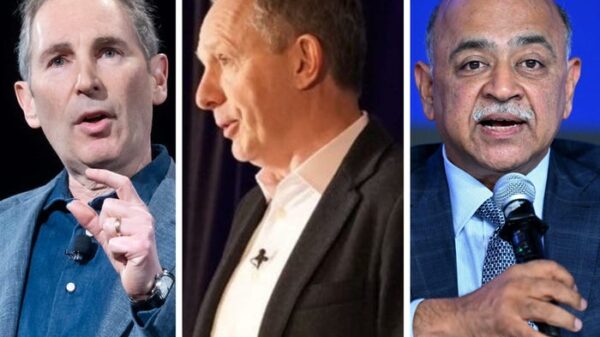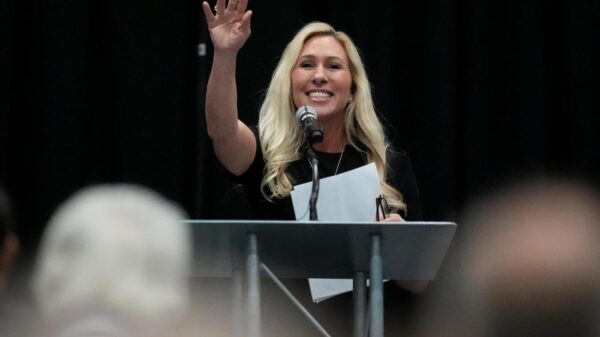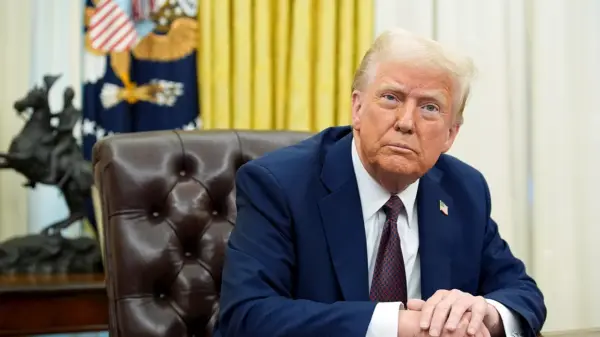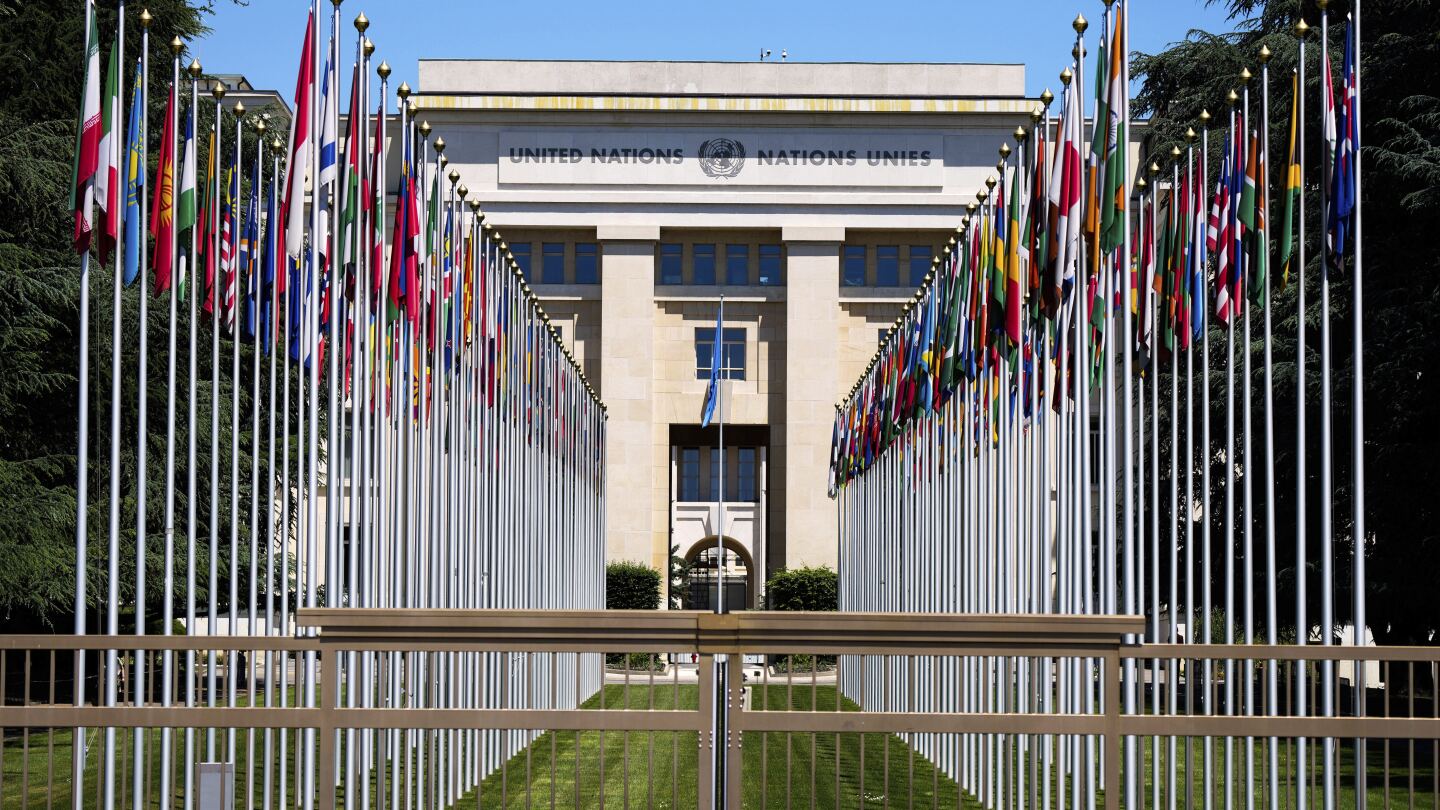UNITED NATIONS (AP) — As the United Nations marks its 80th anniversary this month, the atmosphere is far from celebratory. The international body, established in the aftermath of World War II as a beacon of global cooperation, now faces significant challenges to its authority and financial stability. The United States, historically one of its largest contributors, has implemented substantial funding cuts, prompting the UN to initiate long-overdue reforms and job reductions. The organization’s foundational principle of “multilateralism” is under threat, and its Security Council remains paralyzed in addressing major conflicts, such as those in Ukraine and Gaza.
The recent escalation of tensions involving Israel, Iran, and the United States has seen the UN largely sidelined, raising questions about its continued relevance in a world increasingly marked by division and discord. With nearly 150,000 employees worldwide, the UN’s ability to adapt and remain effective is under scrutiny.
An Optimistic Beginning
The United Nations was conceived in San Francisco on June 26, 1945, with the primary aim of preventing another global conflict. The UN Charter’s opening words, “to save succeeding generations from the scourge of war,” encapsulated this vision. UN Secretary-General Antonio Guterres reiterated this mission earlier this year, emphasizing the UN’s role in averting a third world war.
While no such global conflict has occurred, regional wars persist in places like Gaza, Ukraine, Sudan, and Myanmar. The humanitarian needs in these regions are growing, even as wealthy nations, including the United States, reduce their aid budgets. The UN General Assembly plans to commemorate the 80th anniversary on June 26, with an exhibition featuring the original UN Charter at its headquarters in New York. However, the mood among diplomats is somber, with concerns about the outcome of a US review of multilateral institutions ordered by former President Donald Trump.
A Changing World and a Changing UN
At its inception, the UN consisted of 50 member states, primarily from Latin America and Europe. Today, its membership has expanded to 193 nations, reflecting a vastly different world. The UN system has also grown, with numerous agencies and entities addressing a wide range of issues from peacekeeping to human rights.
Kishore Mahbubani, a former Singaporean ambassador to the UN, credits the organization with preventing World War III, noting that while conflicts continue, the world is generally more peaceful. Mahbubani and others highlight the successes of UN peacekeeping missions and specialized agencies like those focused on hunger and refugees.
“The United Nations remains the essential, one-of-a-kind meeting ground to advance peace, sustainable development, and human rights,” said Guterres.
Current Challenges and Criticisms
Despite its achievements, the UN faces significant criticism. John Bolton, a former US ambassador to the UN, described the organization as being in its worst state since its founding, citing gridlock in the Security Council and rising international tensions. Richard Gowan of the International Crisis Group noted that the UN has been in crisis mode since the 1990s, and current geopolitical challenges and funding cuts are exacerbating the situation.
“Everyone seems to be resigned to the fact that you’re going to have a smaller UN in a few years’ time,” Gowan remarked.
Guterres has initiated major reform efforts, securing approval for a “Pact for the Future” aimed at addressing 21st-century challenges. However, many necessary changes require consensus among member states, which remains elusive.
The UN’s Future
As the UN looks to its next chapter, there is potential for significant reform, particularly in expanding the Security Council to better reflect global realities. Despite decades of discussions, no agreement has been reached on how to achieve this, though there is broad support for permanent seats for Africa and Latin America.
Ian Bremmer, president of the Eurasia Group, argues that the UN remains relevant, despite its limitations. He suggests that the organization’s legitimacy in representing the global population is unmatched.
“The important thing is that as long as the great powers decide not to leave the United Nations, every day that they stay is a vote of confidence in the UN,” Bremmer stated.
Singapore’s Mahbubani is optimistic about the UN’s survival, crediting its founders for creating a system that has endured. He believes the UN will continue to exist, adapting to new challenges as it has in the past.
As the UN navigates these turbulent times, its ability to remain a relevant and effective force for global cooperation will be tested. The organization’s future will depend on its capacity to reform and respond to the evolving geopolitical landscape.
Edith M. Lederer, chief correspondent at the United Nations, has been covering international affairs for more than half a century.



































































